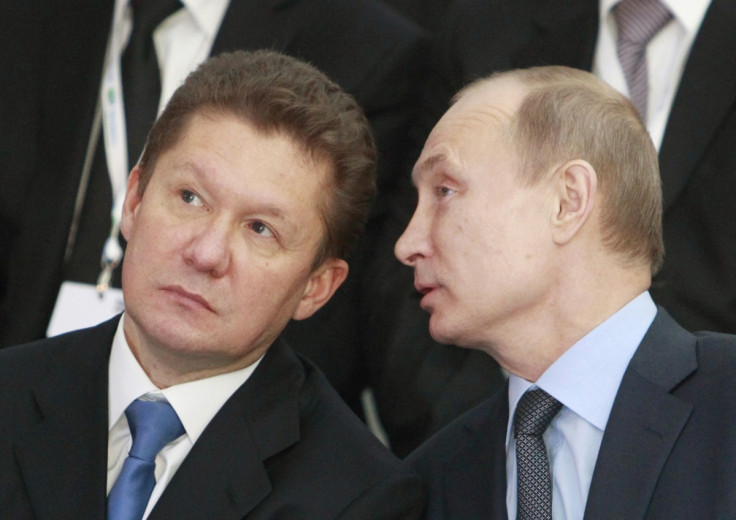Russia and China Near Landmark Gas Deal as Ukraine Crisis Lingers

Russia's Gazprom is close to reaching a landmark gas deal with China that could be signed very soon.
Speaking to reporters on a trip to China, Russian Deputy Prime Minister Arkady Dvorkovich said that Gazprom planned to discuss the deal with its partners on Wednesday and that a deal can be finalised in May, according to the Itar-Tass news agency.
"Regarding Gazprom's gas contract, the sides are close to an agreement...The only issue remaining is...the price," he said.
"We really hope that the contract will be signed in May."
The Russian energy giant has been in talks with the China National Petroleum Corp (CNPC) for a decade, but analysts think that rising geopolitical tension between Russia and the European Union will make the deal more pressing for the Russian side.
With European countries openly discussing ways to cut down their reliance on Russian gas imports, Gazprom faces pressure to secure alternative markets and may offer CNPC better terms than it had before the crisis.
Washington and Brussels have discussed widening the sanctions imposed on Moscow after it annexed the Crimea region in a widely disputed referendum.
For now, sanctions targets have been limited to individuals with close ties to the Kremlin and a Russian bank, but US President Barack Obama spoke about the possibility of deeper sanctions against Russian energy, finance and trade.
In the wake of the rising geopolitical tensions, European leaders have also discussed the need to cut down their reliance on Russian gas. The EU relies on Russia for around a third of its gas supplies, 40% of which travels through Ukrainian pipelines.
Russian energy giant Gazprom and the Ukrainian government have all but declared a gas war over prices and outstanding payments as the crisis have become protracted.
Gazprom said it wanted Kiev to settle $2.2bn in unpaid bills within the last 24 hours, although the deadline passed without action from either side.
Russia has previously cut off gas supplies to Ukraine in 2005 and 2008 and any potential disruption due to the current stand-off will undoubtedly damage growth prospects in Ukraine, Russia and Europe.
© Copyright IBTimes 2025. All rights reserved.






















